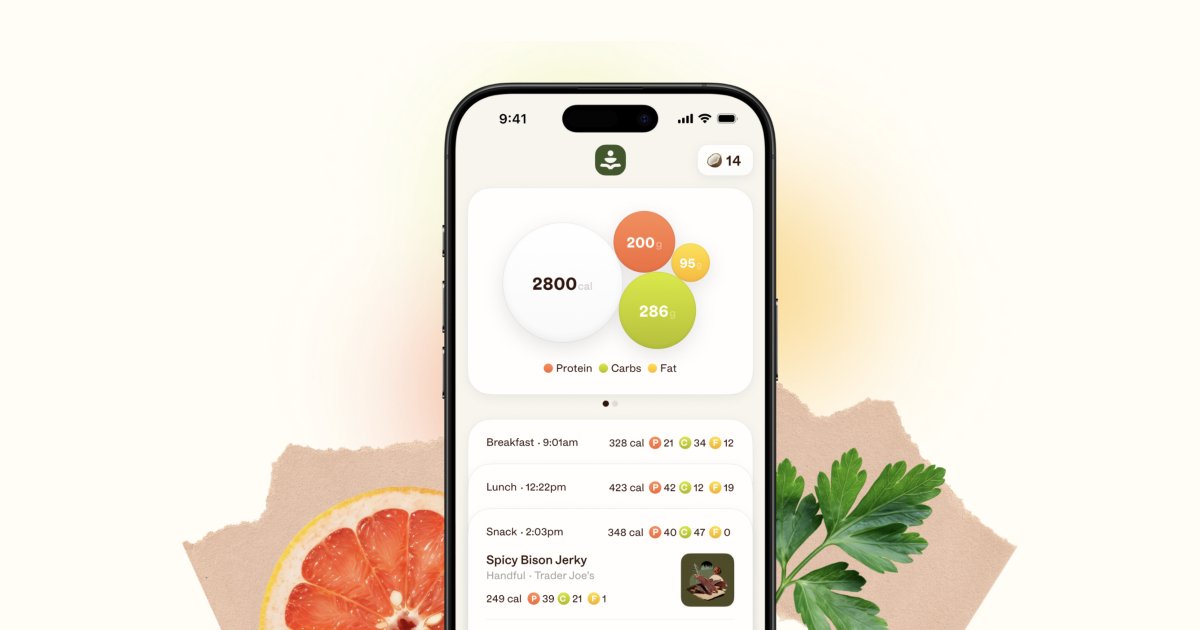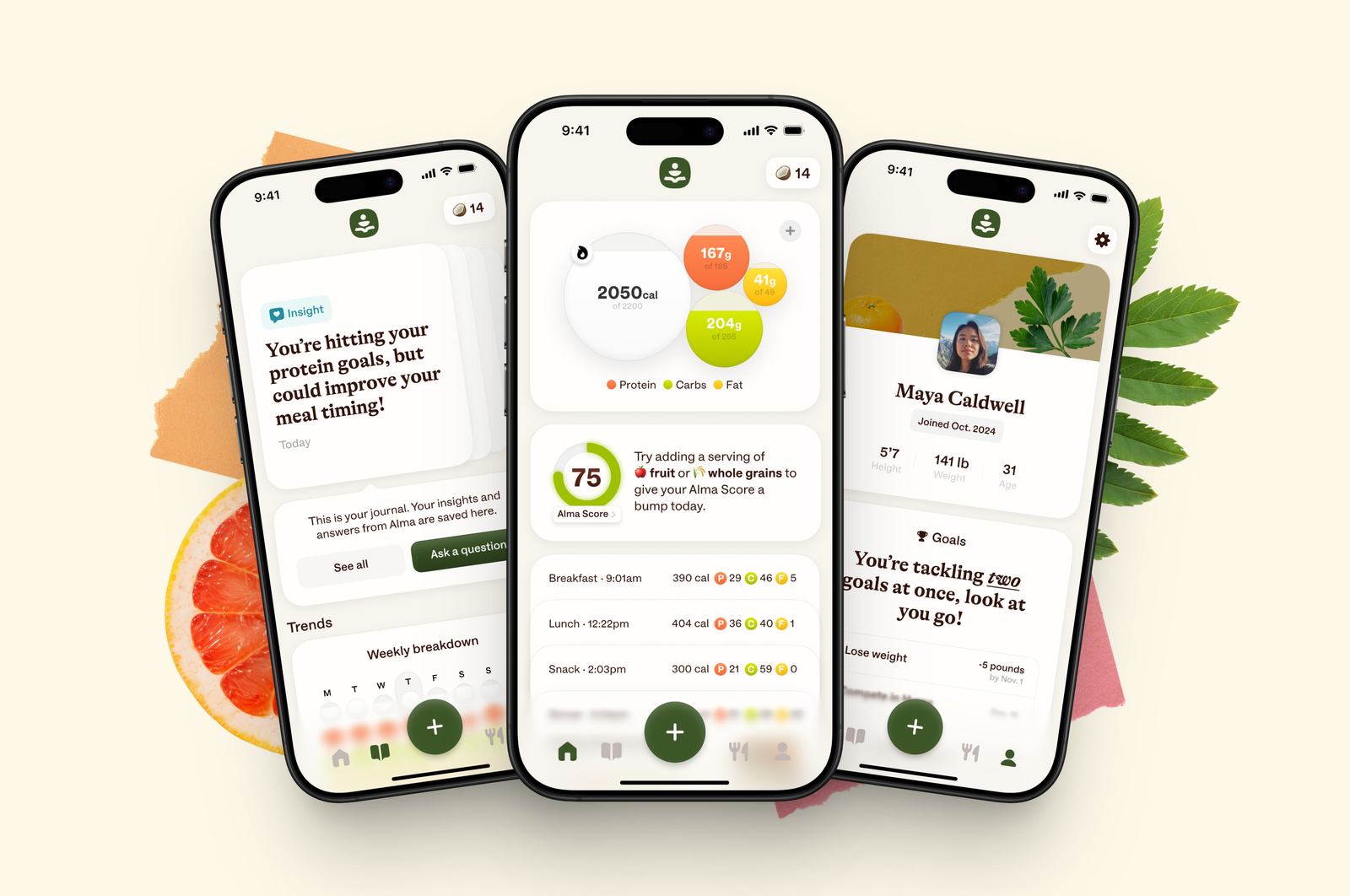Meal prepping is a fantastic way to ensure you maintain a healthy diet, particularly when you’re short on time during the week. This beginner’s guide to meal prepping will provide the basics for anyone looking to start their journey towards healthier eating habits.
The concept of meal prepping is simple: prepare your meals or ingredients for your meals ahead of time. This could mean cooking an entire week’s worth of meals on a Sunday afternoon or simply chopping up vegetables for the next few days. The goal here is to make healthy eating as easy and convenient as possible.
1. **Planning Your Meals**
Before you start cooking, you need to plan out what you’re going to eat. Consider your dietary needs, preferences, and how much time you can dedicate to cooking each week. Once you’ve decided on your meals, write down all the ingredients needed and create a shopping list.
2. **Grocery Shopping**
With your shopping list in hand, it’s time to hit the grocery store. Stick to your list and avoid impulse purchases that could derail your healthy eating plans – especially those tempting snacks in the checkout aisle! Remember, fresh produce is key for a balanced diet.
3. **Preparation**
Once you have all your ingredients, it’s time to start meal prepping! Depending on what works best for you, this could mean cooking full meals that are ready-to-eat whenever needed or preparing ingredients (like chopping vegetables) so they’re ready to go when it’s time to cook.
4. **Storage**
After preparing your food, proper storage is crucial. Use quality food storage containers that are both fridge and freezer-friendly if necessary. Make sure they are tightly sealed as well – this helps keep food fresh longer and prevents any unwanted spills.
5. **Consistency**
Consistency is key when it comes to meal prepping for healthy eating. Make it a habit by setting aside some time each week dedicated to meal prepping. This could be every Sunday afternoon or whatever time works best for you.
6. **Variety**
While it’s important to have consistency with your meal prepping routine, make sure you’re also varying your meals. Eating the same thing every day can quickly become boring and lead you to fall off the healthy eating wagon. Try new recipes, experiment with different spices, or switch up your protein sources to keep things interesting.
7. **Portion Control**
Meal prepping is also a great way to manage portion control. By preparing your meals ahead of time, you can ensure that each serving size is appropriate for your dietary needs and goals – this can be particularly helpful if you’re trying to lose weight or manage a health condition.
8. **Enjoy the Process**
Lastly, enjoy the process! Meal prepping should not feel like a chore but rather an investment in your health and well-being. Listen to some music, invite a friend over to help, or use this time as an opportunity to learn new cooking skills.
Remember, meal prepping does not need to be perfect right away – it’s all about finding what works best for you and your lifestyle. It might take some trial and error at first, but once you get the hang of it, meal prepping can truly transform your eating habits for the better.












